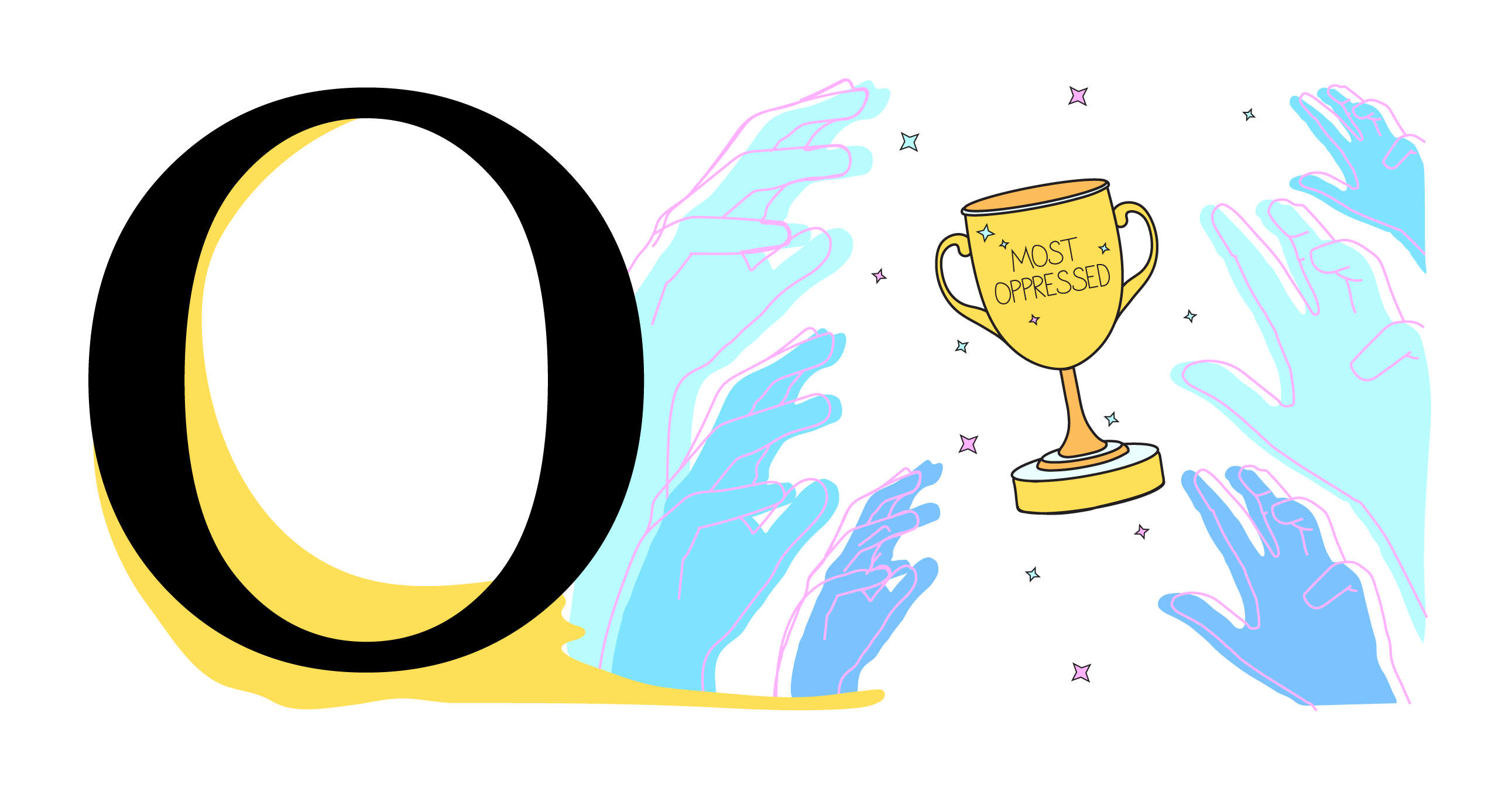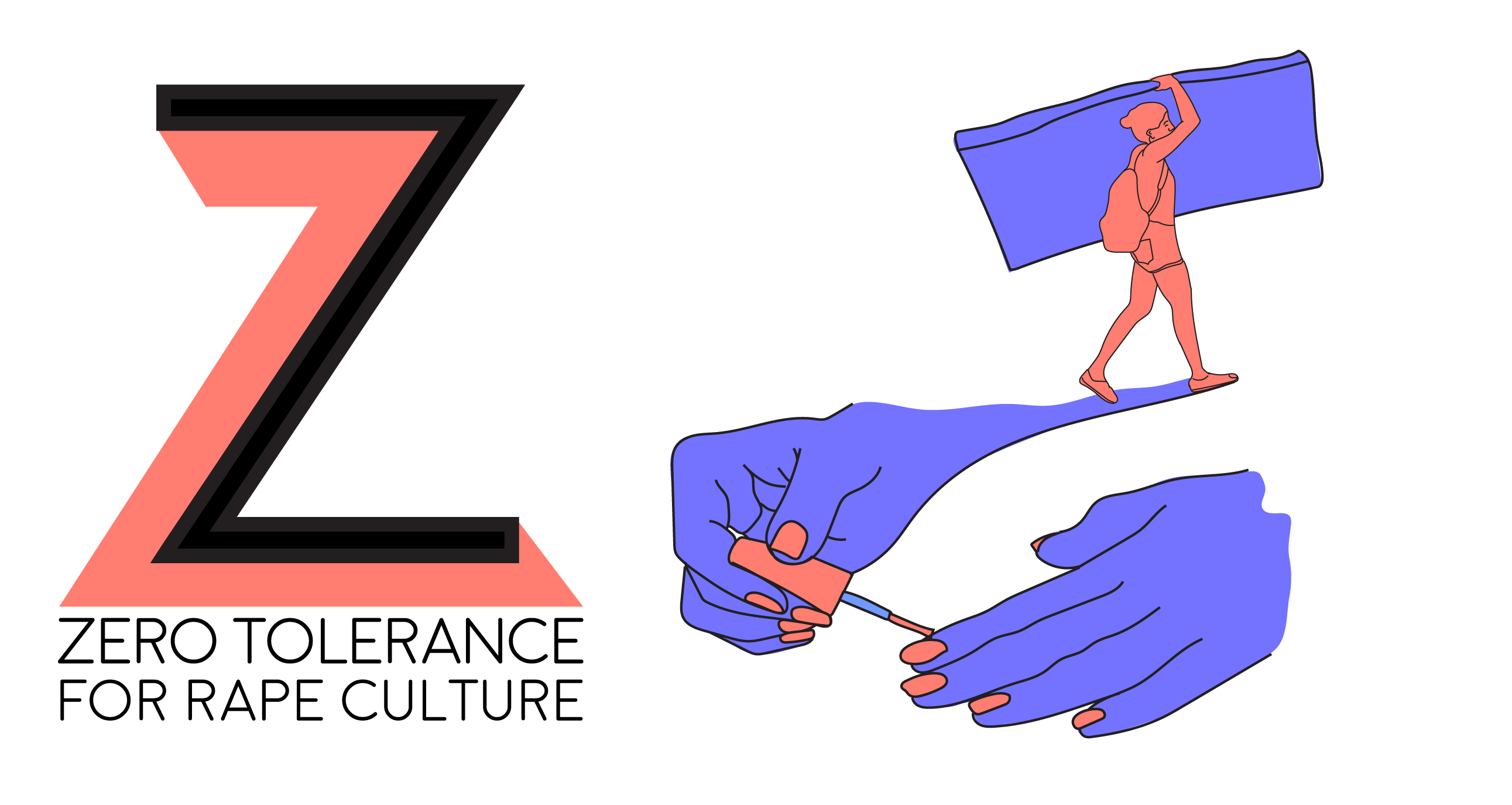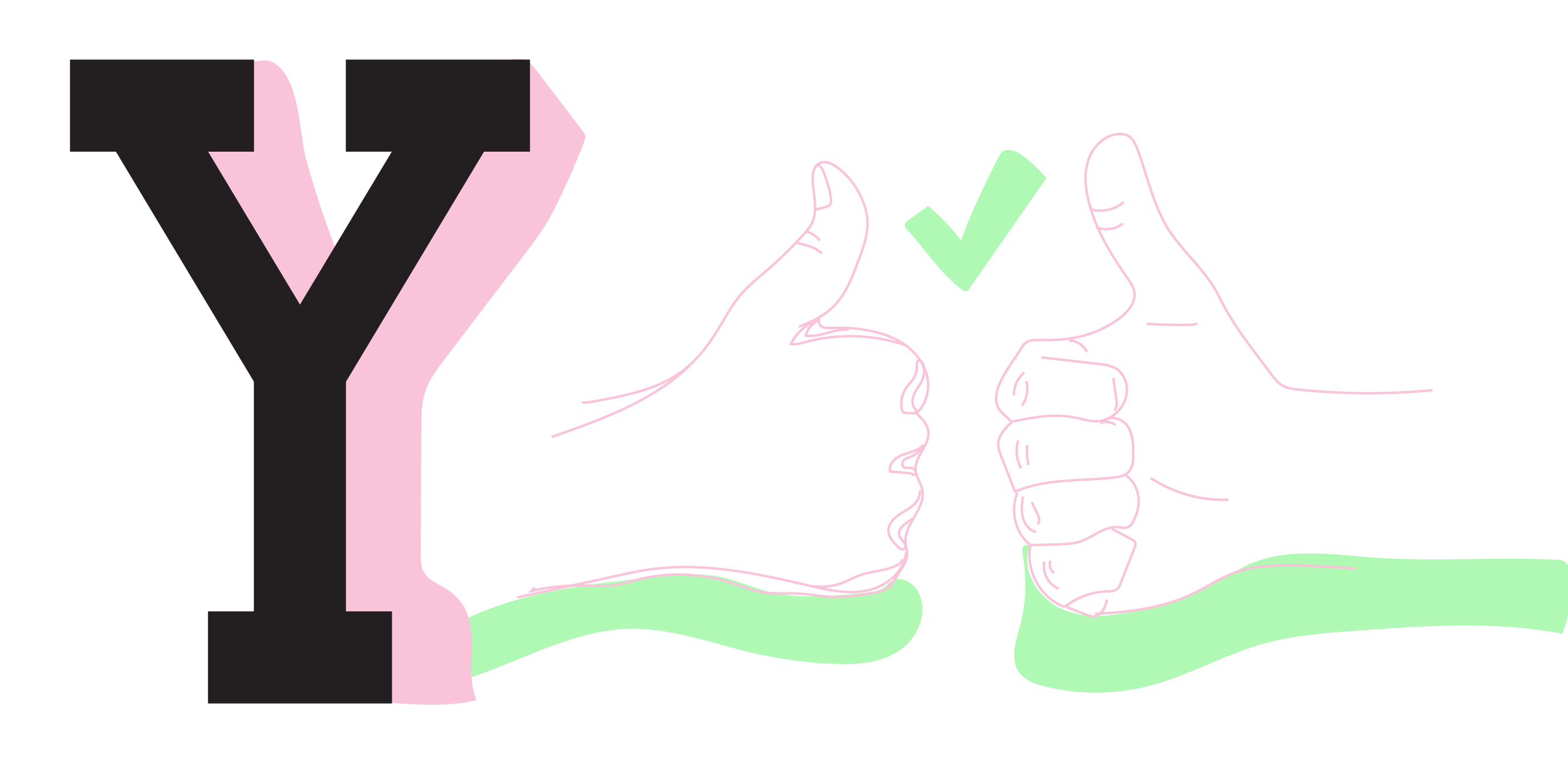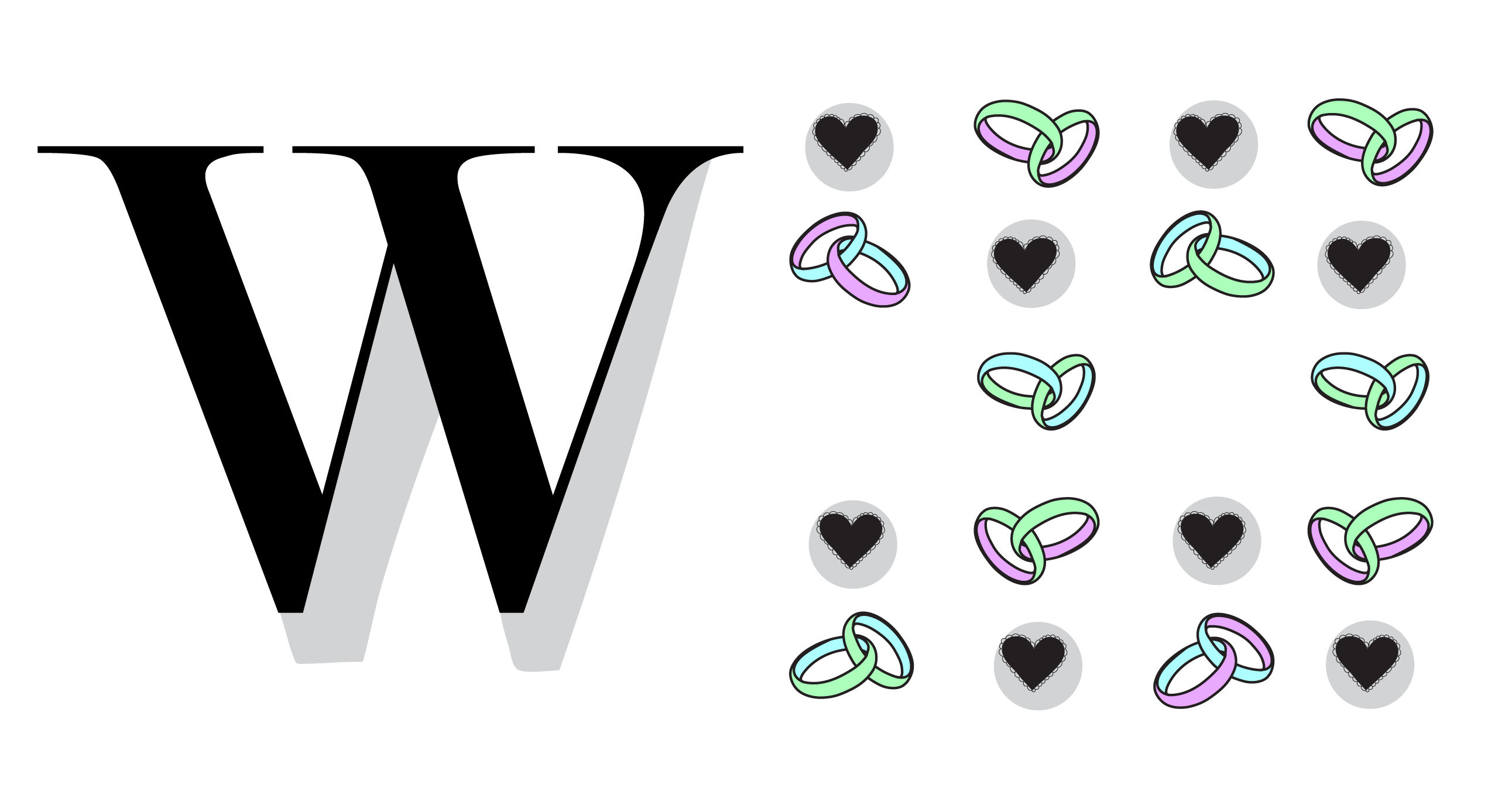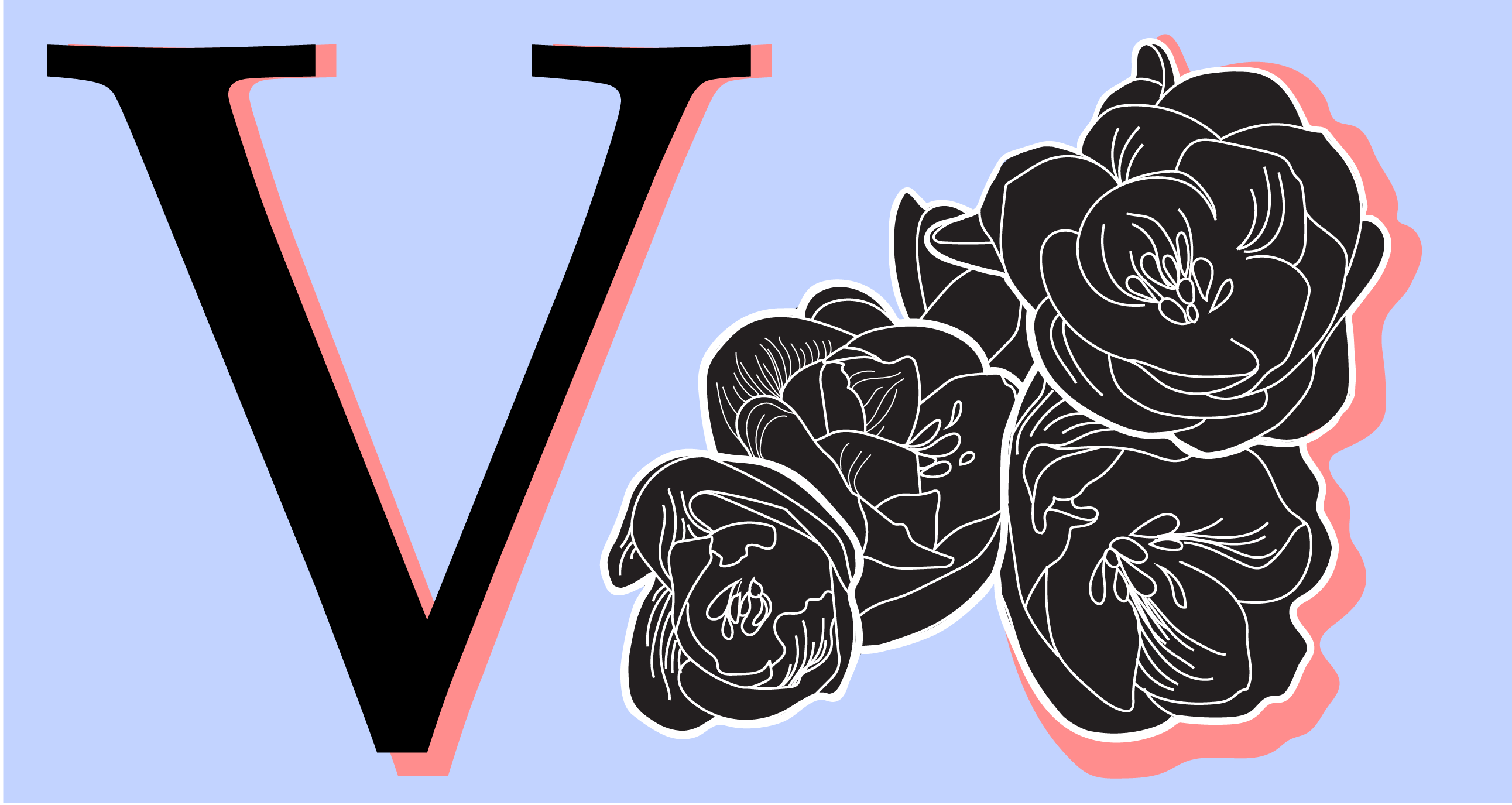O is for Oppression Olympics
Have you ever heard someone say, “women in the Middle East have it worse than you, so stop complaining about dress codes?” Or maybe, “stop talking about feminism, there are more important issues like homophobia?”
People who say these things are trying to play the Oppression Olympics, and there’s a huge problem with their argument.
The Geek Feminism Wiki defines “Oppression Olympics” as “a term used when two or more groups compete to prove themselves more oppressed than each other.”
The Racism School tumblr defines it a bit more broadly, as when anyone tries to compare the oppression of one group to that of another. The term is primarily used on the internet, and so it doesn’t have a very exact or “credible” dictionary definition.
But it’s still a valid problem in many activist areas.
The Oppression Olympics tries to invalidate a certain group’s oppression. Their oppression isn’t legitimate enough, because another group has it worse. That’s a ridiculous idea, because all types of oppression are real problems that need to stop.
To say that one type is more worthy of being addressed than the other doesn’t help anyone at all.
It gets absolutely nothing done. It simply starts an argument about which group more deserves help.
But that’s not how it works. All groups, all types of oppression, need to be addressed.
It isn’t a matter of being deserving, because there isn’t some sort of moral scale where one oppressed group is better than the other and so is more worthy of activist attention. The only thing that the Oppression Olympics does is force marginalized peoples to fight each other for help, rather than helping each other.
Perhaps more importantly, the Oppression Olympics ignores the idea of intersectionality.
It acts, for example, as if LGBTQIAP people are completely separate from people of color and experience entirely different forms of oppression. It ignores the existence of queer people of color who experience both at the same time. It tries to pit oppressed groups against each other in a fight for legitimacy and acknowledgement, which makes it harder to get anything done. It’s not strictly the fault of the oppressed group, either. I rarely see oppressed people participate in the Oppression Olympics. Rather, it’s people with privilege, regarding certain issues, that seem to do this.
This isn’t to say that there aren’t legitimate issues within the various groups. As an Asian-American woman, I would make more money than black or Latina women of color or even white women. This is a problem that needs to be addressed — why do Asian American women make so much more money? What can be done to reduce the wage gap? How can I, as a woman of color still, ensure that I do not harm other women of color?
However, to pit oppressed groups against each other is not only useless in helping to create a more just environment and society, but also just really a douchebag move.
To say that I am not oppressed because I am not black or Latina is wrong. I am fetishized for being “submissive” and “quiet,” and my family is mocked for their accents, and that is very different from how black and Latina women of color are oppressed, but that does not negate my experience.
Instead of forcing marginalized groups to fight each other to accomplish change and justice, we should be highlighting all issues and putting as much energy as we can into ensuring that everyone can achieve justice.

